Billy KenberPolitics investigation correspondent

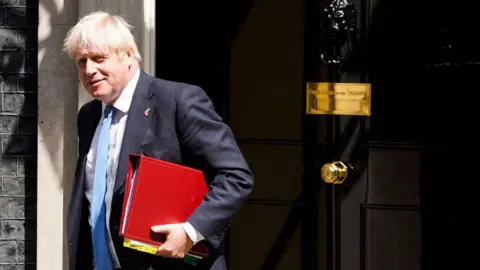 Getty Images
Getty Images
Then-Prime Minister Boris Johnson held a Downing Street meeting with Wafic Said in 2019
A foreign billionaire had a Downing Street meeting and phone calls with then-Prime Minister Boris Johnson and was described in an official log as a "donor", documents seen by BBC News reveal.
Syrian-born former arms deal fixer Wafic Said is not allowed to make political donations because he is not on the UK electoral roll but his wife, a British citizen who is resident, has declared £2.6m in donations to the Conservatives over the last 25 years.
The couple have always insisted that she is independently wealthy and has given her own money, rather than making a donation with her husband's funds or on his behalf - something which would not be permitted.
However, the Number 10 files seen by BBC News cast doubt on this explanation, raising questions about whether the Conservatives have illegally accepted millions in donations.
A Conservative Party spokesman said: "Proper due diligence was undertaken to ensure that these donations were permissible and accurately reported."
Johnson did not respond to a request for comment.
Mr Said, rather than his wife Rosemary, was described as the "donor" in official Downing Street logs when the pair attended a nearly 90-minute meeting with Johnson, his chief of staff and his political secretary at Number 10 in September 2019. The meeting took place less than two months after Johnson had been elected prime minister.
The businessman, who said his wife was the donor, also had two separate phone calls with then-Prime Minister Johnson in 2020 and 2021 without his wife taking part, according to the logs.
The man in charge of raising funds for the Conservatives, then-party chairman Sir Ben Elliot, joined the 2020 phone call even though it would have been illegal for Mr Said, who was listed in the logs as being from his philanthropic Said Foundation, to donate.
Johnson placed the second call during a journey back by train from Stoke-on-Trent to London. He made two political calls during the trip, the first to a donor and the second to Mr Said.
The logs, which are recorded by civil servants and give a minute-by-minute account of Johnson's days, covering almost all of his time in Downing Street, show no calls between Rosemary Said and the former PM.
The calls and the meeting were labelled as "political", meaning they related to Conservative party matters, rather than government business, and did not have to be disclosed in government transparency documents.
Other "political" meetings and phone calls recorded in the logs were between Johnson and Conservative party donors, ministers, staff or advisers.
Mr Said, who is 85, said he had known Johnson since "long before he became prime minister" and that due to his age he cannot recall the telephone conversations while he was in Downing Street.
He added that it was "entirely possible that he may have called to thank me for my contribution to Covid vaccine research".

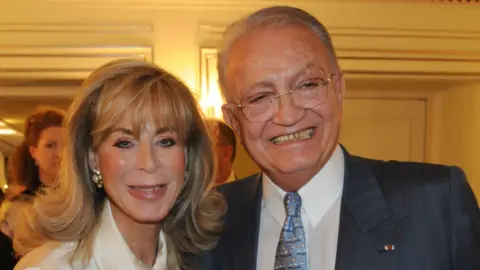 Shutterstock
Shutterstock
Mr Said with his wife Rosemary
The documents seen by the BBC were obtained by an American non-profit organisation called Distributed Denial of Secrets, which publishes and archives "leaked and hacked datasets". DDOS did not respond to a request for comment on how the files were obtained.
Mr Said appears to have been the couple's point of contact with the prime minister. After Johnson left office, it was Mr Said, not Mrs Said, who wrote to him to express his regret at his departure and to say he had "really enjoyed all the meetings we had, whether in-person or via Zoom".
Mrs Said was mentioned in passing as joining "me in sending you and all your family our warmest wishes and fond affection".
Johnson thanked him for his "ongoing support and friendship" and added: "Please send my best to Rosemary, and I look forward to seeing you soon."
Under electoral law, all donors must be registered on the UK electoral register or a UK-registered company carrying out business in this country. The rules are designed to prohibit the foreign funding of political parties.
Mrs Said has been a prolific donor to the Conservatives and has also made donations to individual MPs, including giving £10,000 to Johnson in 2019.
Her husband is a businessman and philanthropist who helped broker the controversial al-Yamamah arms deal in the 1980s.
Accusations of bribery led to an investigation by the Serious Fraud Office into the deal, which was closed by Tony Blair in 2006 on the grounds that it was contrary to the UK's national interest. There is no suggestion Mr Said was guilty of wrongdoing.
As a philanthropist, his Said Foundation has given millions to good causes. He contributed £20m to the cost of the Said Business School at the University of Oxford which is named after him.
Mr Said told BBC News that his wife was an "independently wealthy woman who has been a strong supporter of the Conservative Party her entire life". The businessman said he had not made donations to the Conservatives since the law changed in 2000 prohibiting him from doing so.
Political donations made by the Said family have previously come under scrutiny.
In 2009, the Electoral Commission opened what it called a "preliminary inquiry" after Mr Said's 19-year-old daughter Rasha, who was studying in the United States, was recorded as having given four donations to the Conservatives.
Mr Said said the donations had been incorrectly reported due to an administrative error and in fact came from his wife.
More recently, Mr Said's son Khaled, who is eligible to donate, has made a number of political donations.
Mr Said is a Canadian national and a resident of Monaco, although he has previously described himself as having strong ties to the UK.
In 2018 he told the High Court he considered London to be "an important personal, family and business hub" and said he spent three to four months of the year in the UK.
"I would say that my personal and business links to the UK are unquestionably stronger and more important than those I have in France, Monaco or Canada," he said in a witness statement.
Bob Posner, former chief executive of the Electoral Commission, said political parties were required to carry out checks that donations come from permitted sources.
"The law prohibits donations from foreign sources," he said. "Individuals and political parties must take all reasonable steps to establish who is the true donor and only accept that donation if certain that the true donor is legally permitted to make the donation."
The Conservatives said that Mrs Said had regularly attended party events.
A Conservative Party spokesman said: "We do not comment on purported leaked documents, which may have been obtained or manipulated by hostile state actors.
"The Conservative Party only accepts permissible donors as set out in law. Proper due diligence was undertaken to ensure that these donations were permissible and accurately reported. Other individuals can support a political party without being a donor."


.png)
 3 months ago
9
3 months ago
9
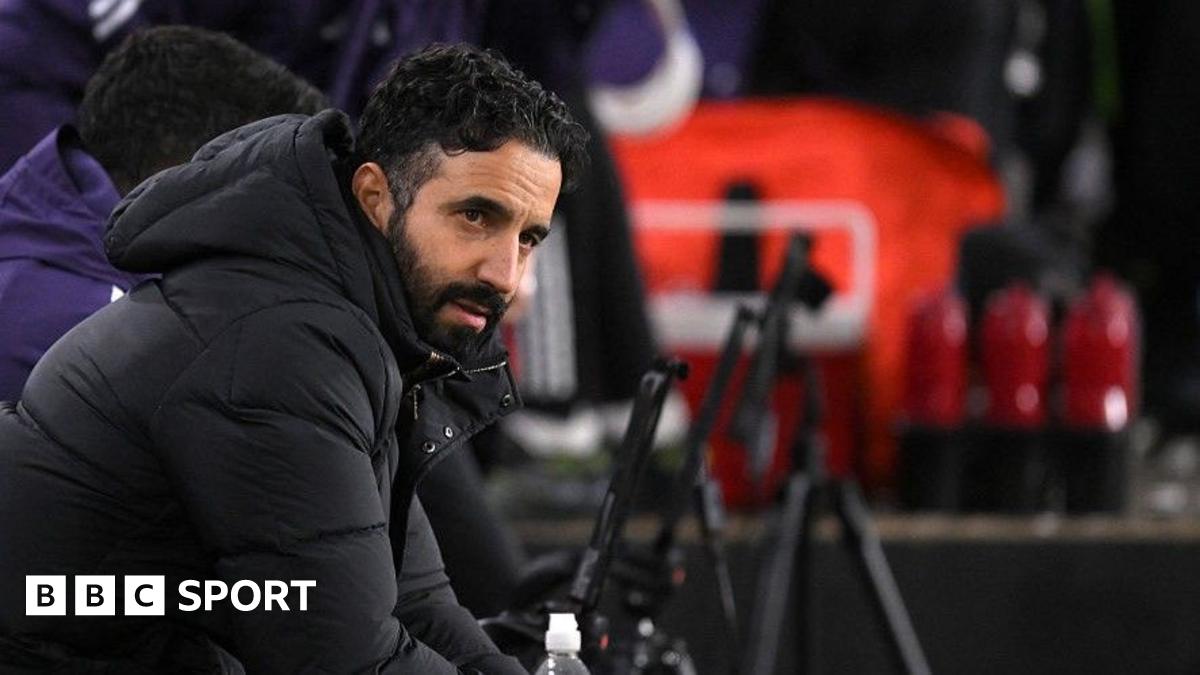
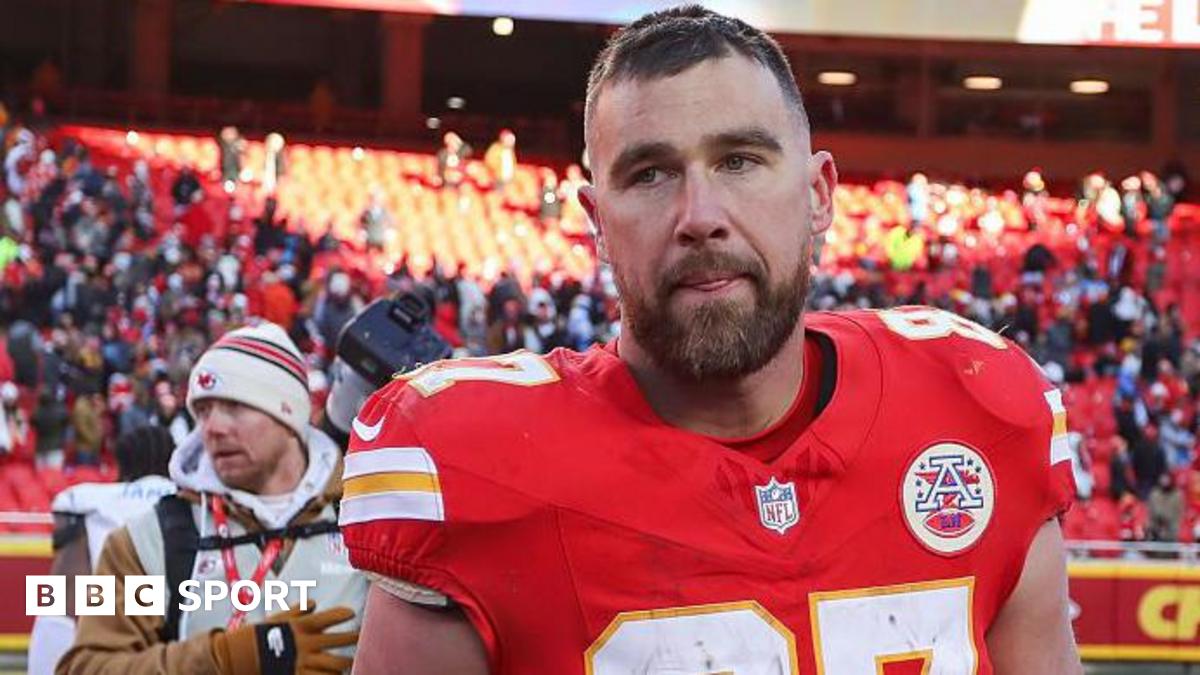
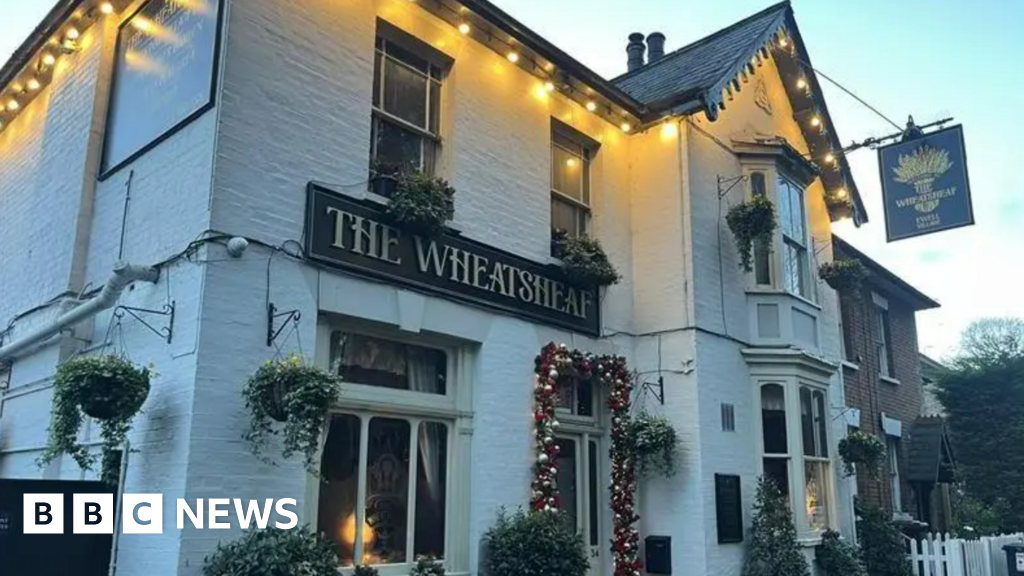





 English (US) ·
English (US) ·